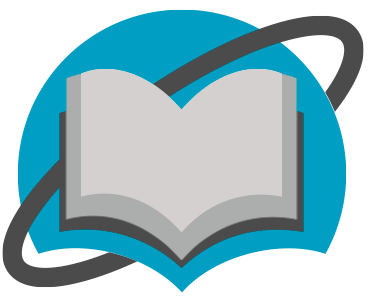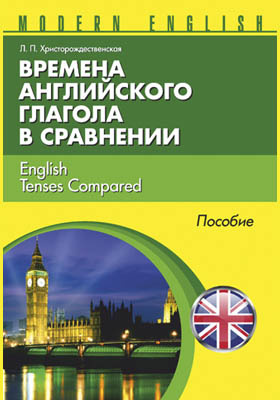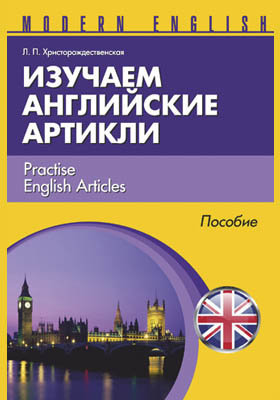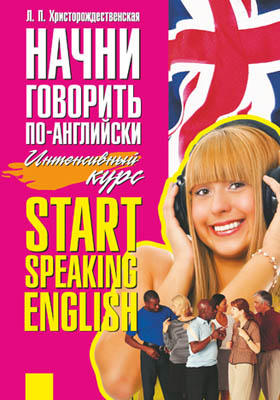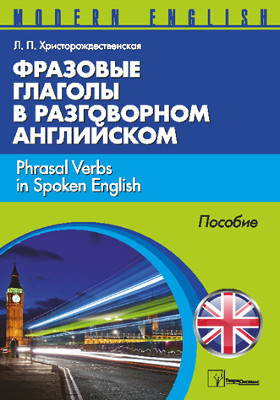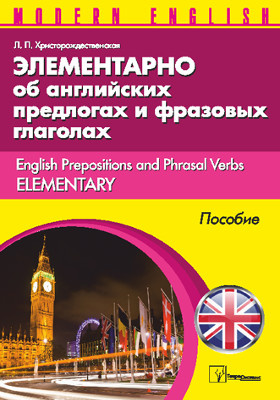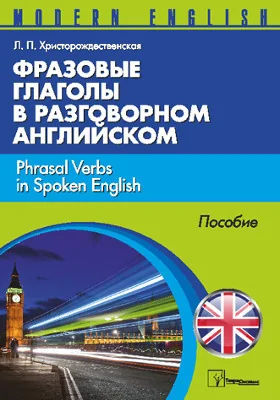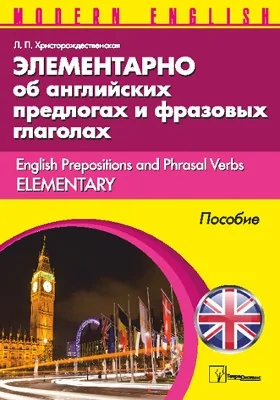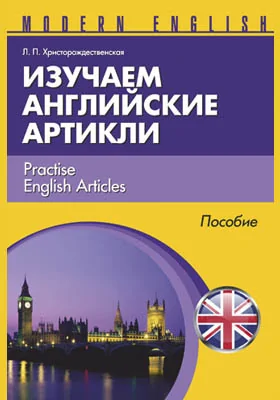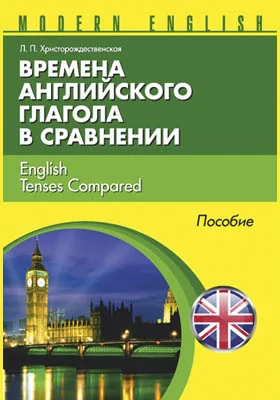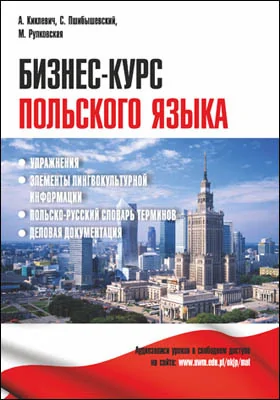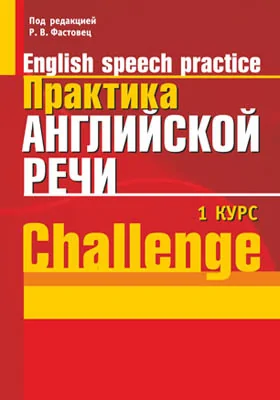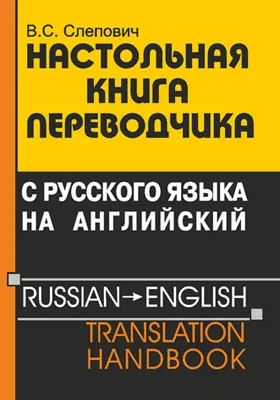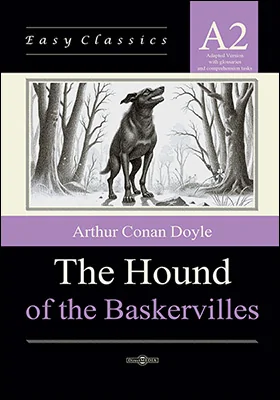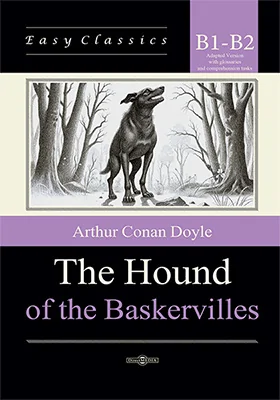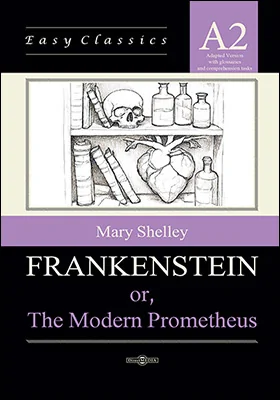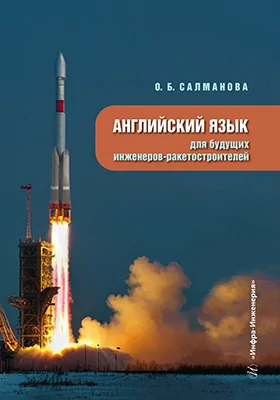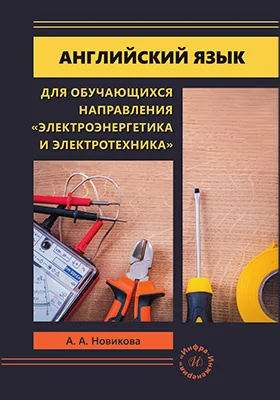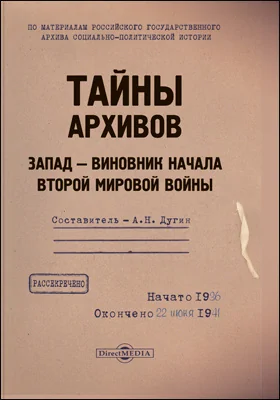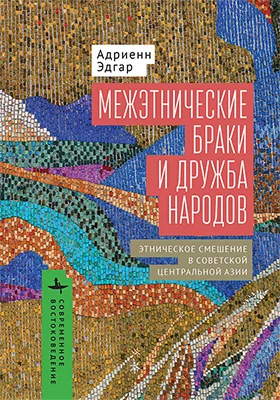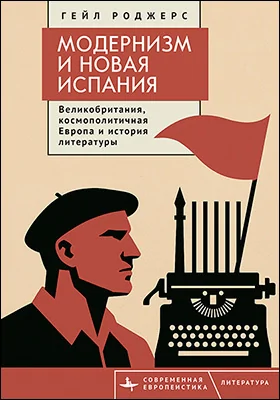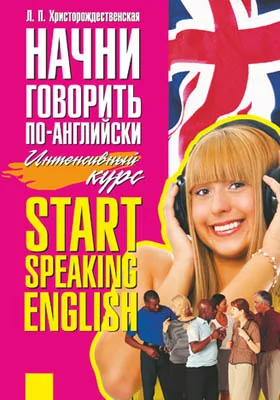
Начни говорить по-английски
Здесь можно купить книгу "Начни говорить по-английски" в печатном или электронном виде. Также, Вы можете прочесть аннотацию, цитаты и содержание, ознакомиться и оставить отзывы (комментарии) об этой книге.
Место издания: Минск
ISBN: 978-985-7067-72-5
Страниц: 512
Артикул: 74901
Возрастная маркировка: 12+
Краткая аннотация книги "Начни говорить по-английски"
Пособие представляет интенсивный курс обучения разговорному английскому языку. Состоит из 39 уроков, последовательно связанных между собой тематически, лексически и грамматически. Акцент сделан на закреплении базовых структур английского языка, видовременных форм действительного и страдательного залога, нейтрально-бытовой лексики и разговорных формул, необходимых для полноценного общения. Специально подобранные тексты и комплекс упражнений на их основе делают процесс обучения легким и доступным. Весь языковой материал подобран из англо-американских источников и содержит образцы современной разговорной речи.Предыдущее издание вышло в 2011 году в издательстве «ТетраСистемс».Адресуется тем, кто начинает изучать английский язык или продолжает его изучать после перерыва. Может быть использовано на курсах иностранных языков, в неязыковых вузах.
Содержание книги "Начни говорить по-английски : интенсивный курс"
Предисловие
Вводный фонетический курс
Unit 1. Grammar: Глагол be в настоящем времени (Present Simple). Указательные местоимения. Личные и притяжательные местоимения. Притяжательный падеж существительных. Множественное число существительных. Артикль. Слово-заместитель one. Предлоги места. Вопросительные слова. Коммуникативные типы предложений. Topic: О себе и о других. Communication: Приветствия. Прощания. Благодарность. Извинение. Знакомство. Привлечение внимания. Переспрос
Unit 2. Grammar: Have (got). Неопределенные местоимения some, any, no. Модальный глагол can (ability, possibility)
Unit 3. Grammar: Повелительное наклонение. Объектный падеж личных местоимений. Предлоги направления
Unit 4. Grammar: Numerals. Topic: Calendar. Time
Unit 5. Grammar: Present Simple: statements and negatives. Adverbs of frequency. Prepositions of time
Unit 6. Grammar: Present Simple: questions. Topic: Daily routine. Free time
Unit 7. Grammar: Present Continuous. Prepositions of place and movement. Reflexive pronouns. Topic: Holidays (1)
Unit 8. Grammar: There is/There are. The indefinite pronouns much, many, a lot of/lots of, few, a few, little, a little. Topic: House/Flat (1)
Unit 9. Grammar: There is/There are. Topic: House. Flat (2)
Unit 10. Grammar: The indefinite pronouns all, both, either, neither, none Compounds of some, any, no, every. Gerund. Topic: Family. Friends. Relatives. Appearance. Character
Unit 11. Grammar: Present Continuous and Present Simple for the future. Be Going to. Topic: Plans, arrangements, appointsments
Unit 12. Grammar: Modals: have to, must, need. The infinitive of purpose. Topic: Jobs and work. Daily routine
Unit 13. Grammar: Past Simple of bе. Topic: Past experiences
Unit 14. Grammar: Past Simple: regular and irregular verbs. Questions. Topic: Past experiences
Unit 15. Grammar: Degrees of comparison. Articles with geographical names. Topic: Comparing things and people
Unit 16. Grammar: Past Simple. Article. Topic: Biography
Unit 17. Grammar: Future Simple - will/shall. Modals: have to, be able to. Object clauses. Topic: Future predictions
Unit 18. Grammar: Present Perfect (1). Topic: Talking about activities one has (not) done
Unit 19. Grammar: Modals: can/could/may/might (permission), can/could/will/would (requests). Topic: Telephoning. Communication: Permission. Requests. Desire
Unit 20. Grammar: Future Continuous. Present Simple and Present Continuous in if - and when- sentences. Topic: Future plans and arrangements
Unit 21. Grammar: Past Continuous. Topic: Past experiences
Unit 22. Grammar: Modals: may/might (uncertainty), must (certainty). Impersonal subject it. Topic: Seasons and weather
Unit 23. Grammar: Review of tenses. Infinitive. Gerund. Be able to. The verb get. Topic: Weekend. Picnic
Unit 24. Grammar: Present Perfect Continuous. Present Perfect (2). Topic: Talking about activities one has been doing
Unit 25. Grammar: Attributive clauses. Modal verbs of advice: should, ought to, had better. Complex object. Topic: Holidays (2). Sightseeing. Communication: Advice
Unit 26. Grammar: Indirect questions. Topic: Asking the way. Communication: Directions. Arresting someone’s attention. Gratitude
Unit 27. Grammar: Past Perfect. Past Perfect Continuous. Future Perfect. Future Perfect Continuous. Topic: Past experiences
Unit 28. Grammar: Passive Voice
Unit 29. Grammar: Complex object. Have something done. Topic: Hotel. Communication: Requests. Desire
Unit 30. Grammar: Articles with names of meals and food. Review of the indefinite pronouns. Topic: Meals. Communication: Offers. Preference. Requests
Unit 31. Grammar: Sequence of tenses
Unit 32. Grammar: Review of tenses. Participle. Articles. Prepositions Topic: Going out. Entertainment. Cinema. Communication: Suggestions and invitations. Likes and dislikes. Opinions. Agreeing and disagreeing. Praise and criticism
Unit 33. Grammar: Reported speech. The use of tenses in reported speech
Unit 34. Grammar: Review of tenses. Participle. Articles. Topic: Going out. Entertainment. Theatre/Concert. Communication: Suggestions and invitations. Likes and dislikes. Opinions. Agreeing and disagreeing
Unit 35. Grammar: Reported statements and questions
Unit 36. Grammar: Clauses of purpose. Verbals. Be + to-infinitive. Topic: Travelling by train
Unit 37. Grammar: Reported Commands /Requests /Suggestions. Greetings, leavetakings, wishes, thanks, introductions, apologies and exclamations in reported speech
Unit 38. Grammar: Review of tenses. Reported speech. Topic: Travelling by plane. Communication: Permission. Requests. Desire
Unit 39. Grammar: Review of tenses. Reported speech. Complex object
Topic: Shopping. Communication: Requests. Offers. Desire
Краткий фонетический справочник
Грамматический справочник
Поурочный словарь
Таблица неправильных глаголов
Список использованной литературы
Все отзывы о книге Начни говорить по-английски : интенсивный курс
Отрывок из книги Начни говорить по-английски : интенсивный курс
53 2.00 It is two o’clock. 9.20 It is twenty minutes past nine. 6.50 It is ten minutes to seven. 7.30 It is half past seven. 12.15 It is (a) quarter past twelve. 12.45 It is (a) quarter to one. Digital system 1.10 one ten 2.15 two fifteen 3.25 three twenty-five 4.30 four thirty 5.40 five forty 6.45 six forty-five Practice 1. Прочитайте по-английски числительные. 45; 82; 36; 78; 25; 13; 19; 112; 287; 492; 1116; 2321; 8 118; 6 154; 9 074; 54 274; 999 983; 100 023; 7 350; 596 376; 45 791; 35 616 234; 7 506 017; 5 200 875 2. Прочитайте по-английски обозначения времени. 2.30; 10.35; 6.15; 12.20; 2.15; 3.45; 11.55; 10.05; 5.20; 8.20; 12.28: 1.30; 12.50; 11.12; 9.55; 6.23; 7.15; 8.45; 5.25; 3.30; 10.45; 7.12 3 . Прочитайте даты. 12/08/1287; 24/06/1422; 30/07/1485; 08/04/1723; 25/01/1985; 31/12/ 2000; 20/03/2004; 06/11/2008 4. Назовите дни недели. 5. Назовите месяцы года. 6. Назовите времена года. 7. Прочитайте следующие диалоги и составьте подобные диалоги. 1. - What day is it today? - Today is Monday. (It is Monday today.) - What day was it yesterday? - Yesterday was Sunday. (It was Sunday yesterday.) - What day is it tomorrow? - Tomorrow is Tuesday. (It is Tuesday tomorrow.) - What date is it today? (What’s the date today?)
Христорождественская Л. П. другие книги автора
С книгой "Начни говорить по-английски" читают
Внимание!
При обнаружении неточностей или ошибок в описании книги "Начни говорить по-английски = Start Speaking English (автор Лидия Христорождественская)", просим Вас отправить сообщение на почту help@directmedia.ru. Благодарим!
и мы свяжемся с вами в течение 15 минут
за оставленную заявку
